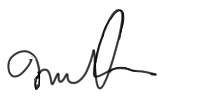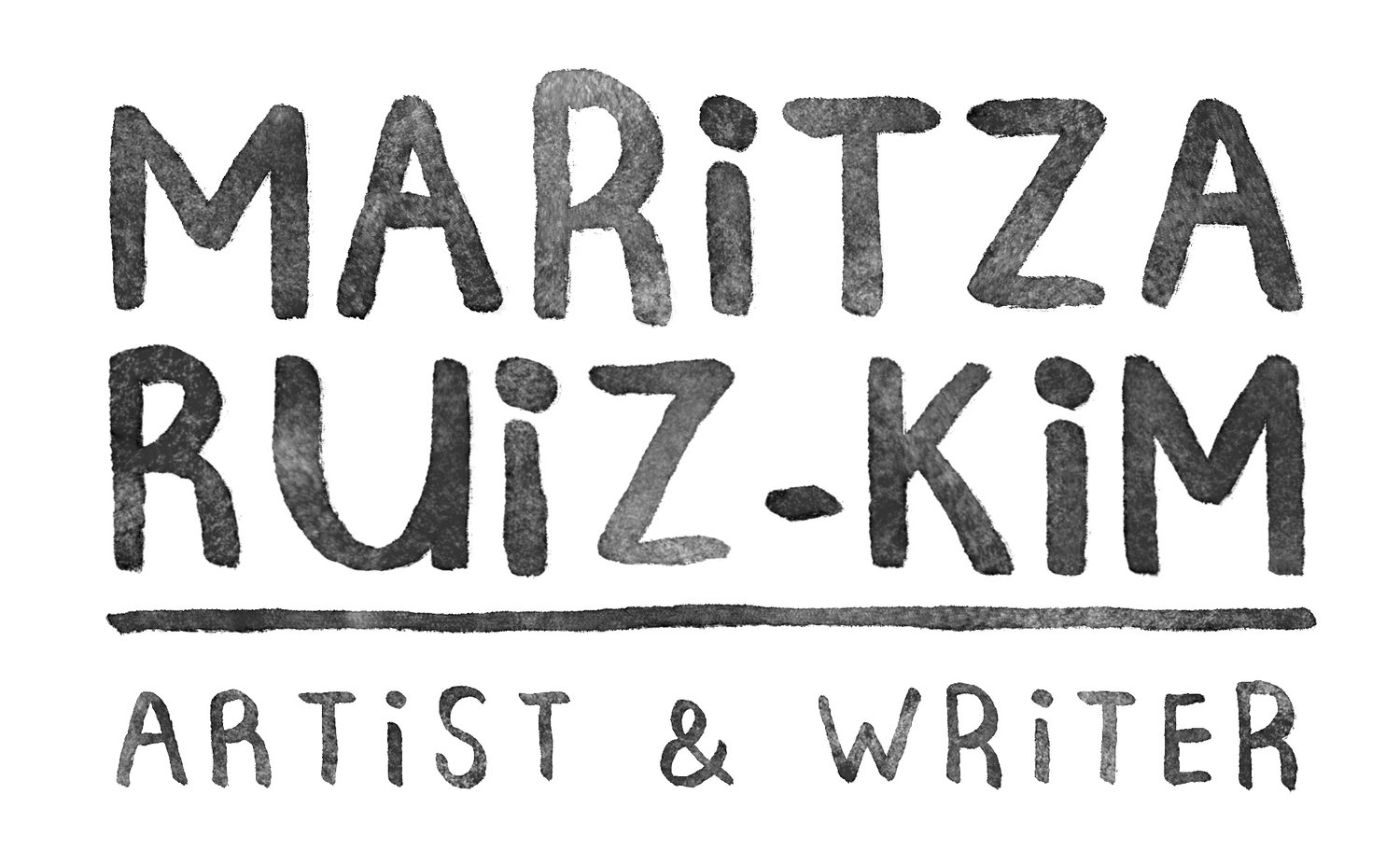I love stories.
One of the earliest memories I have of a favorite TV show was Reading Rainbow. (Btw, I heard Lavar Burton has a podcast! I gotta check it out.) I remember the theme song and when I hear it, I have a muscle memory of sorts that makes me inhale with anticipation and happiness thinking about new stories I’d hear. And I remember back then feeling the library was a place full of wonder and possibilities, like a world full of worlds. I still feel that way. (For something a little meta, here’s a link to BookRiot’s 10 best books about libraries.)Since the subtitle of my The History of Us project is “on our stories, storytelling, and storytellers,” I’ll explain what I mean in this post and the two posts that follow. It’s a framework I use to think about how we grow from little people to adults and how we come to an understanding of ourselves as one person among many. It’s how we connect (or disconnect) from other people.I’ll begin by talking about my relationship with my dad as an example to explain this concept in a personal way. I had a story about my dad when I was a teenager, and well: I was the good-hearted protagonist and he was the antagonist villain. I formed a perspective of him based on what I knew, but my understanding of him deepened the more I learned about his upbringing, his non-family relationships, his successes and defeats, his hopes and his despair. Not only that, but my own life experience (such as becoming a parent, having a volatile/sensitive/big-hearted/hilarious kid, and turning 40 but realizing how much I still don’t know) gave me more perspective on myself and my own flaws in addition to his.
On Our Stories:
We talk about our lives through stories. They’re the what and the when, our stories about what happened today when we were at the grocery store, why a friendship turned sour, why things are the way they are. Stories are made of facts, sure. There are one’s first-hand accounts, others’ observations, and written or recorded documents. Assuming the aim is to tell a truthful story (and that’s quite an assumption!), we build stories on what is known: believed facts and reliable opinions.I had one story I told about my dad when I was 15. I tell a different story now, and it’s also different from the story I had three years ago. Is the complete story the one that comes from merging all three of my versions? How about the version of him that was known by some of his lifelong friends? How about the one told by his first wife? Or my mom? Or his third wife? Or his fourth? How about his older sister’s version? Which stories get first billing? Which is the most truthful?How do we best sum up a life? I don’t know that there’s any way to perfectly convey between one person and another the entirety of another person’s being. The only person who will know that entirety is the one who lived that life, and even the accuracy of that tale is dependent upon that person’s character, their commitment to telling the whole truth and nothing but the truth, so help them God. It takes self-acceptance and humility, courage and integrity, camaraderie and care.With all that in mind, how about our American story? Is it a good one? Is it a bad one? What are all the small stories and what’s the over-arching narrative? When did the story begin, who gets to tell it, and how will it get told? These are some the the concepts I'll have in mind as I move toward completing this project.Next up: On StorytellingThen after that: On Storytellers ~Maritza
